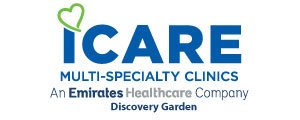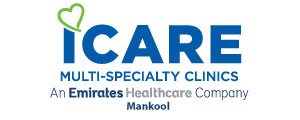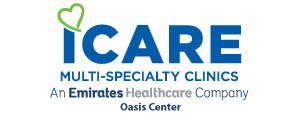
Description
Unconjugated estriol (E3) is a form of estrogen produced by the placenta during pregnancy. This test measures E3 levels in the blood to assess fetal well-being and placental function. It is commonly used in prenatal screening to evaluate the risk of chromosomal abnormalities such as Down syndrome. Low E3 levels can indicate potential pregnancy complications, including preterm labor or fetal distress. This test is typically performed in the second trimester as part of a comprehensive prenatal screening.
Clinical Applications:
Monitoring fetal health during pregnancy: Unconjugated estriol (E3) is primarily produced by the placenta and fetus, making it a crucial marker in assessing fetal well-being and placental function.
Screening for Down syndrome and other chromosomal abnormalities: Low levels of E3, along with other biomarkers, are used in prenatal screening tests (like the triple screen) to assess the risk of conditions such as Down syndrome.
Assessment of preterm labor risk: Changes in estriol levels can indicate a risk for preterm birth or complications in pregnancy.
You May Also like
Why choose us

Speed
On-time reporting with the best TAT in the industry.
Quality
Accredited centers: DHA, MOH, HAAD, CAP, ISO, JCI.
Accessibility
Extensive partner network & convenient home collection.
Satisfaction
35,000+ Satisfied Customers & 12+ Years of Trusted Service.

























